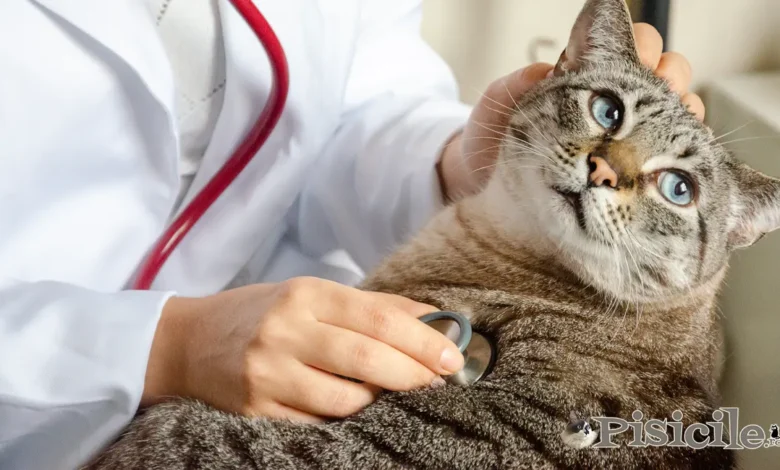
Panleukopenia or Feline Parvovirus (FPV) is a highly contagious viral disease that affects cats. It is caused by the feline parvovirus, which is very resistant and can survive in the environment for a long time. The virus mainly affects the gastrointestinal and hematopoietic systems of cats.
Subject
What is Feline Panleukopenia or Feline Parvovirus (FPV) and what are the symptoms?
Parvovirus (panleukopenia) is a serious, contagious infectious disease that attacks the body's white cells and rapidly invades the animal's digestive system, nervous system and lymphatic system.
This disease manifests itself very brutally in cat chicks or young people who are in development. The cells that are in rapid replication are those targeted by the feline parvovirus. Thus, the slices that are in intense body development, the virus has the opportunity to attack a large number of cells from different tissues and organs.
It is very possible for an adult cat that has contracted this virus to be asymptomatic and not have parvovirus at all.
The incubation period of the virus is 3-4 days, and its outbreak is aggressive. Therefore, when you notice the first signs (usually bloody diarrhea), the virus is already installed and has invaded the body.
The onset occurs most often with fever (40-41 degrees Celsius), vomiting, diarrhea, inactivity and lack of appetite. These symptoms are often confused with poisoning.
Other symptoms that should alarm you: the cat is apathetic and inert, does not care what is happening around it, keeps its head on its paws, can defecate 25 times a day, having a bad smell, the abdomen is sensitive and painful , cries, walks with difficulty, drinks too much water, and in serious cases conjunctivitis sets in, paresis occurs in the limbs, and the skin loses its elasticity.
How is feline parvovirus transmitted?
Panleukopenia or Feline Parvovirus (FPV) is spread rapidly, by mouth, from cat to cat or through contact with the faeces or saliva of another cat. Also, the owners can bring the virus into the house by bringing it on their clothes or shoes. The most affected are kittens up to 5 months old, and the virus can persist even up to 1 year after a cat has been infected. The survival rate of this virus is 50%.
The virus is resistant and can hide in carpet, furniture and parquet, but can be destroyed with bleach-based substances.
Unfortunately, 95% of cats die within 3-4 days of the onset of the condition if the symptoms are neglected.
Feline Parvovirus Treatment and Vaccine
From the first day when the symptoms are observed, it is recommended to go to the vet. The diagnosis can be made by means of a rapid test (ELISA) which counts white cells.
Once the virus is discovered, the cat will be isolated from the other cats, the place will be sanitized, and all the things it came into contact with will be thrown away and replaced with new ones.
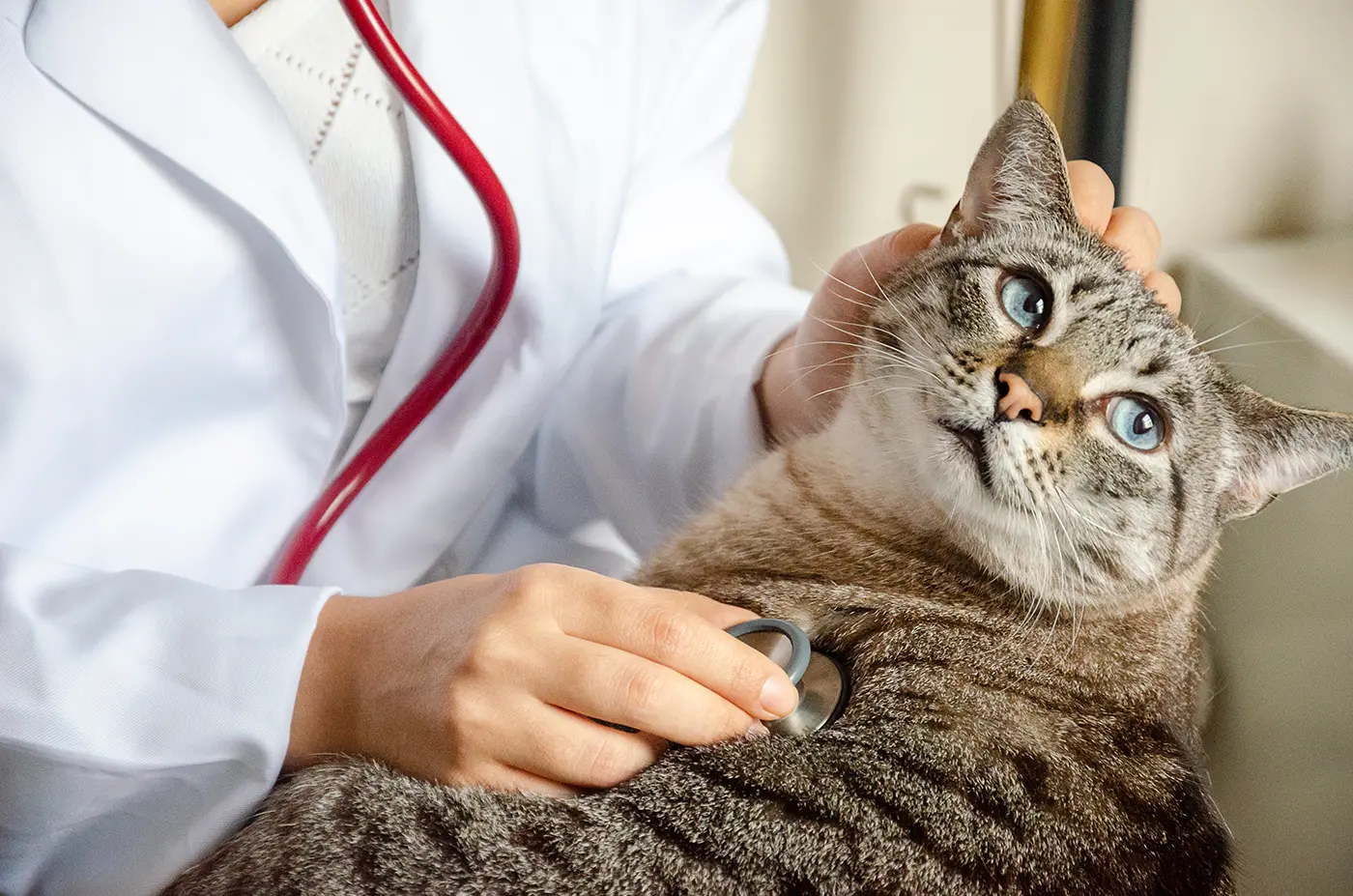
The treatment is preferably carried out in a hospital unit, so hospitalize the cat for the entire period recommended by the doctor.
Treatment is quite aggressive and involves infusions of fluids, antibiotics, glucose, vitamins, electrolytes and rarely blood transfusions.
If the feline survives, make sure the place where it lives is disinfected. If you have other cats, isolate them from the sick one and bathe the kitten brought from the hospital.
The cat will be kept in a quiet, warm room for a few days after treatment and will drink chamomile or peppermint tea. Follow the diet and treatment prescribed by the doctor exactly.
Once treated and saved, the cat will become immune for the rest of its life.
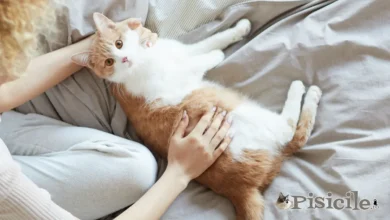
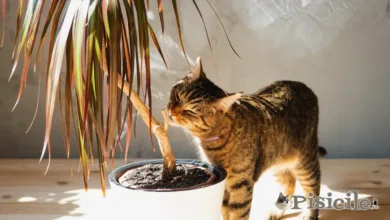
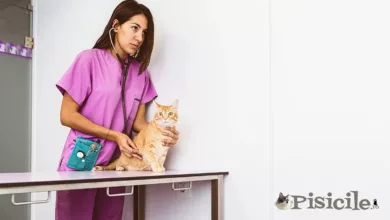
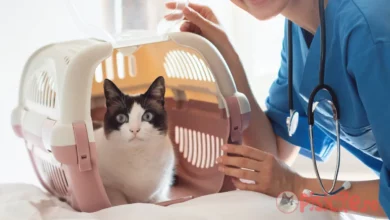
One Comment